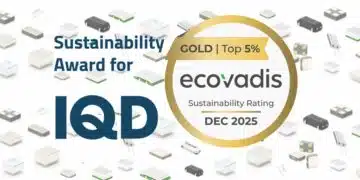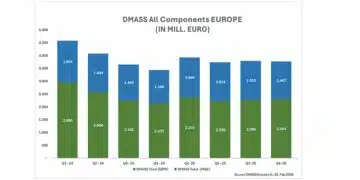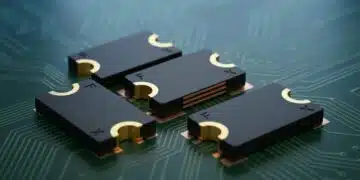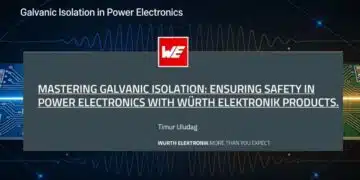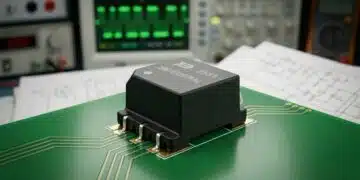TPC Technical Program Committee of the next 3rd PCNS Passive Components Networking Symposium scheduled for Sep 7-10th 2021 in Milano, Italy selected theme of the symposium: RELIABILITY & SUSTAINABILITY of PASSIVE COMPONENTS that will be elaborated in conference Workshop, Hot Topic Panel Discussion, Keynote and papers selection preferences. EPCI, the main PCNS organizer, questioned TPC members why they consider the theme so important for today’s passive electronic components and what shall be discussed within this topic in depth. The next interview is with TPC member, Mr. Ron Demcko (RD), AVX Corporation Fellow.
EPCI: Can you comment what ideas, issues, concerns, directions has raised on your mind when TPC selected „Reliability & Sustainability of Passive Components“ as the 3rd PCNS theme ?
RD: PCNS 2021 allows worldwide manufacturers, end users and academia the opportunity to discuss state of the art passive components, component shortcomings & limitations relative to emerging system & semiconductor trends / needs. End manufacturers will share portions of their R&D efforts and modify those efforts based upon inputs & discussions from the symposium.
Reliability of end systems is more important than ever given the critical role some end electronics is utilized in. Optimizing discrete device reliability can substantially improve end system longevity. Sustainability of component supply as well as ecological impacts of assembled technology is a topic worthy of added discussions and actions..
EPCI: What topic you would recommend for the Hot Panel Discussion and Why ?
RD: Component life cycles and availability is a key topic that should be addressed since the life cycle of passive components is accelerating – much like that of all electronics.
Another topic that is gaining a lot of interest is the need for expanded performance data, new characterization tests and potentially new forms of passive components for advanced semiconductors.
EPCI: You are working for AVX company for 39 years most recently as an AVX Fellow. Can you comment what is hot/upcoming from your position relevant to the TPC theme?
RD: I am lucky to have worked at AVX during all these years. The company has expanded from its traditional MLCC offering to all forms of capacitors, inductors, RF structures, Sensors, Antennas, micro heat pipes, semiconductors – and more. AVX encourages engineers to work across multiple end-product sectors such as military, consumer, medical, enterprise, flight systems (etc).
An underlying theme that seems to be emerging is a need for the most advanced semiconductors requiring high performance passive components. Put another way – Passives can limit the efficiency & performance of the highest performing actives. As semiconductors materials, design mechanisms and structures change – passives must morph dramatically to be suitable to new end uses.
A simple example is the differences in decoupling a 7400 series DIP IC of decades ago and that of an FPGA today. Or in RF terms bulk capacitance filtering on a 30 year old PA deck to that of a single chip GaN on SiC HEMT. There are a whole set of concerns and those needs will only intensify as technology progresses. PCNS will allow detailed discussions across end electronics from digital to analog, traditional power to energy scavenging and RF to light.
EPCI: How is your company going to address this topic during PCNS ?
RD: AVX is a gold sponsor of PCNS ! and gold EPCI passive components member. AVX plans to participate in presenting a paper as well as participating in workshop discussions. PCNS offers a unique opportunity for detailed interaction – we plan on being involved.
EPCI: Thank you Ron and lets hope in best that we can meet live at PCNS in Milano in September
Ron Demcko can be reached at his company email.
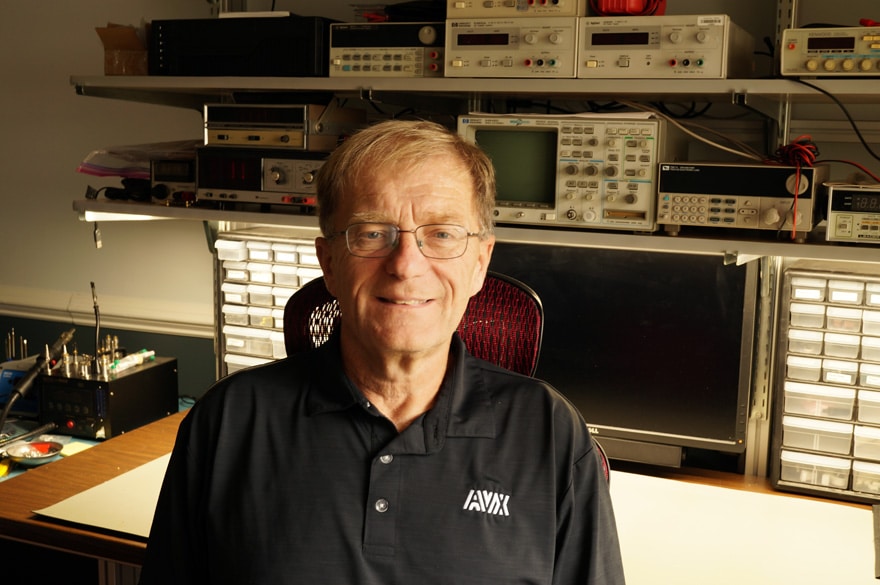
see more about PCNS on its website:
be active in passives ! join us and submit your paper abstract online:
About
PCNS Passive Components Networking Symposium is a bi-annual international symposium organized by EPCI European Passive Components Institute in co-operation with an European university. 3rd edition of the PCNS Passive Components Networking Days Symposium scheduled for September 7-10th, 2021 in Milano, Italy is hosted by Department of Chemistry, Materials and Chemical Engineering “Giulio Natta” and Department of Electronics, Information and Bioengineering of Politecnico di Milano. It is intended as a live event with speakers present with streaming options for virtual attendees. In worst case, the PCNS will move to virtual event; all registered attendees will get hard printed ISBN Proceedings (by mail post in virtual case).



